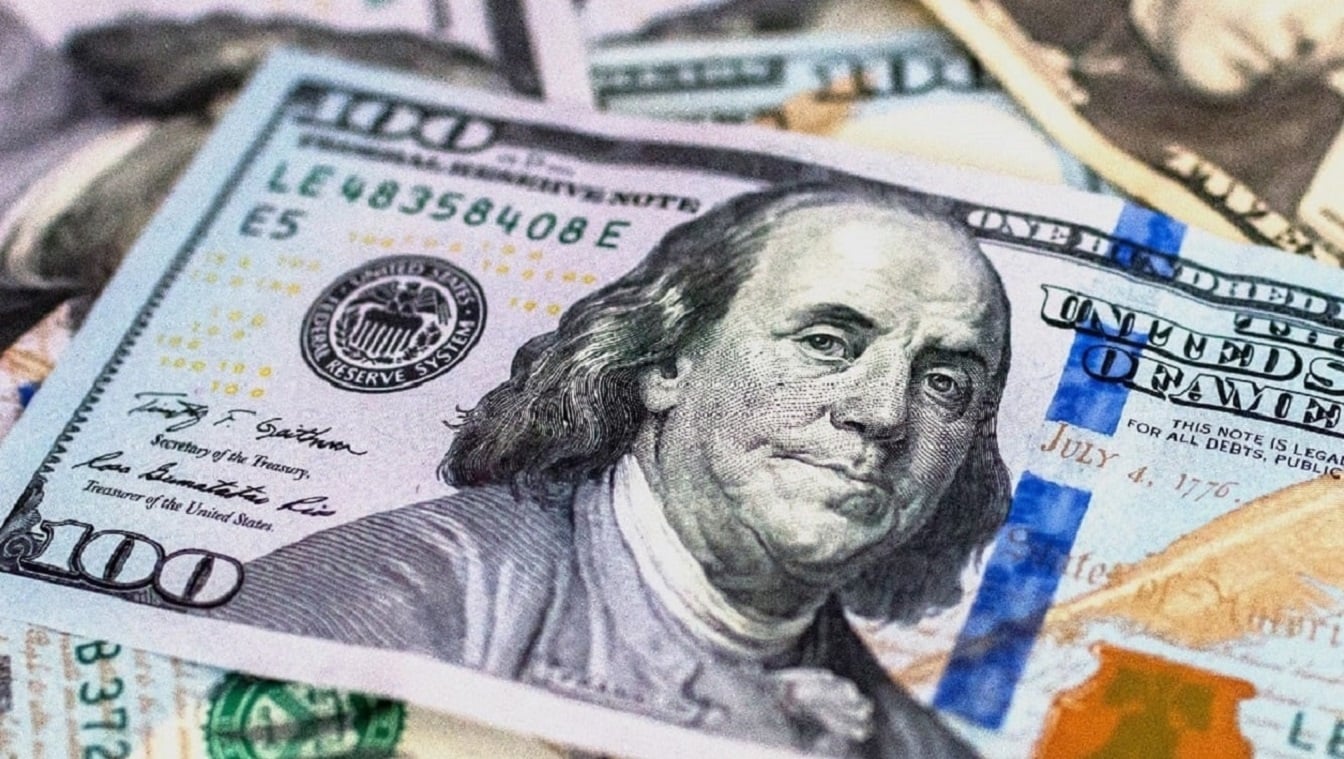We support our Publishers and Content Creators. You can view this story on their website by CLICKING HERE.
Donald Trump’s Poisoned Economic Chalice: Today’s solid employment report, together with a stock market setting records day after day, seems to confirm the conventional view that Donald Trump will be inheriting an economy in fine shape.
However, before being lulled into a false sense of economic security, Mr. Trump would be well advised to take a look under the hood, where there are all too many signs that real economic trouble lies ahead.
Not only are the country’s public finances on a dangerously unsustainable path. A slow-motion train wreck in the commercial real estate sector is well underway and both the Chinese and European economies appear to be in real trouble that could spill over to our shores.
Donald Trump Needs To Take a Hard Look at U.S. Debt
Start with the perilous state of the country’s public finances. According to the Congressional Budget Office (CBO), on present policies, the country is running a 6 ½ percent of GDP budget deficit even at full employment.
In the CBO’s reckoning, this would raise the public debt level to over 120 percent of GDP by 2034 or to a level similar to that which prevailed immediately after the Second World War.
Rather than recognizing that such a dangerous debt trajectory could invite the return of the bond vigilantes or cause a generalized loss of confidence in the dollar, Mr. Trump seems intent on making a shaky budget position worse by introducing a slew of tax cuts.
Donald Trump speaking at CPAC 2011 in Washington, D.C.
Indeed, on the campaign trail he promised to extend the 2017 Job and Tax Cut Act, to lower corporate tax rates, and to eliminate taxes on social security benefits and on tips.
According to the Committee for a Responsible Budget, the Trump tax cuts would add $7 ¾ trillion to the public debt over the next decade. That would take the public debt to over 140 percent of GDP by 2034.
High budget deficits, in turn, would force the Federal Reserve to maintain a high interest rate policy stance to keep inflation in check. The resulting high interest rates would only worsen the budget outlook.
A Commercial Real Estate Crisis?
Another ticking time bomb Mr. Trump inherits will be a commercial real estate mess. In the wake of the pandemic, office and shop vacancy rates are close to record levels due to more work being done from home and more shopping being dome on line.
This makes it difficult to see how we will not get a wave of commercial property loan defaults on the more than $1 trillion in property loans due by end 2025 especially if a reckless budget policy keeps interest rates high .
Such defaults in turn could lead to renewed problems for the regional banks.
A Troubled Global Economy
Yet a third major challenge confronting the incoming Trump Administration is a troubled world economy. The Chinese economy is struggling in the wake of the bursting of its epic-sized housing and credit market bubble. The German economy is already in recession as a result of a Russia-induced natural gas supply disruption and the slowing of its export markets in general and that of China in particular.

Image of US Currency. Image Credit: Creative Commons.
Meanwhile, France is drifting towards political ungovernability at a time that its budget deficit is ballooning and its public debt is on an unsustainable path.
Bad as China and Europe’s current economic outlook already is, it will only get a lot worse if Mr. Trump follows through on his threat to impose a 60 percent tariff on Chinese imports and one of 10-20 percent on European imports.
Meanwhile, retaliation by our trade partners could take us down the road to the economically disastrous beggar-thy-neighbor policies of the 1930s.
What Will Donald Trump Do?
We have to hope that Mr. Trump realizes the shaky US and world economies he will inherit. Maybe then, he will back off the economically toxic mix that he promised on the campaign trail: major tax cuts, punitive import tariffs, and mass undocumented immigrant deportations.
If he fails to do so, we should brace ourselves for an economically rocky 2025.
About the Author: Desmond Lachman
American Enterprise Institute senior fellow Desmond Lachman was a deputy director in the International Monetary Fund’s Policy Development and Review Department and the chief emerging-market economic strategist at Salomon Smith Barney.

 Conservative
Conservative  Search
Search Trending
Trending Current News
Current News 





